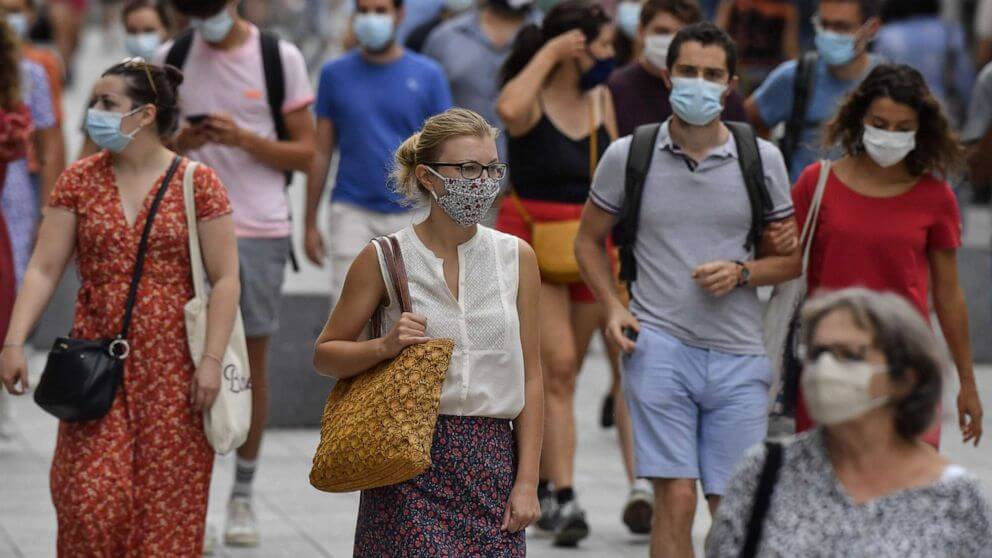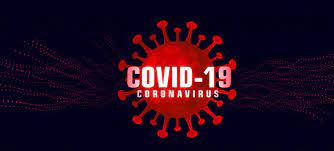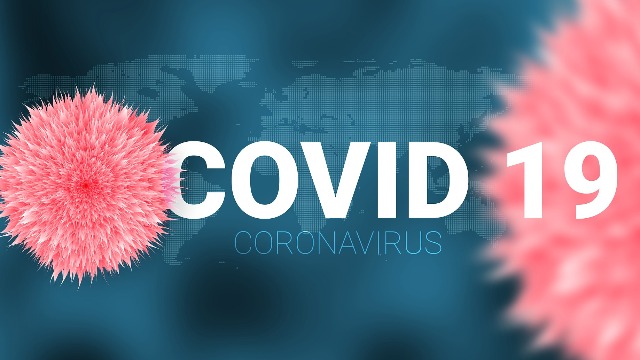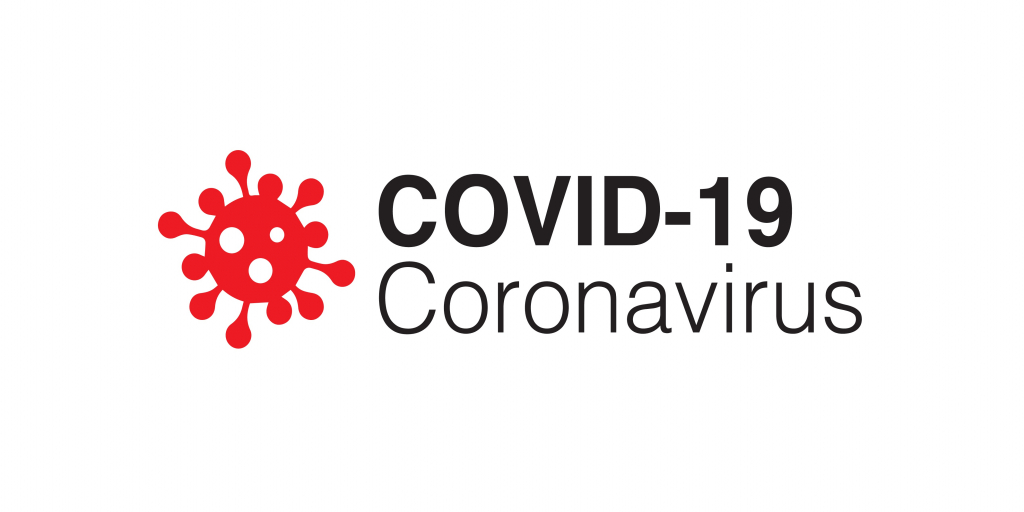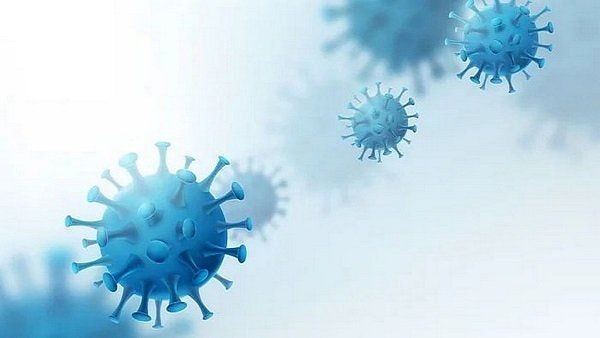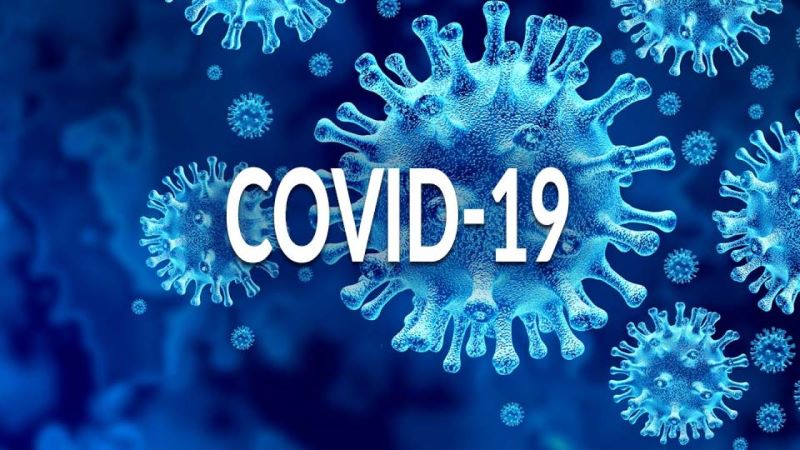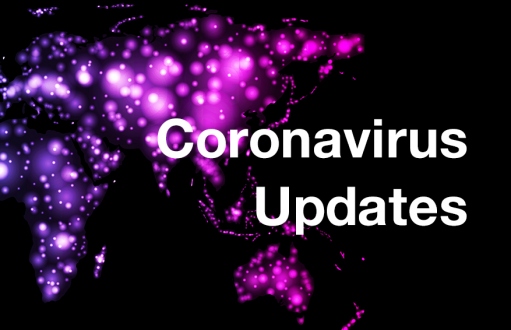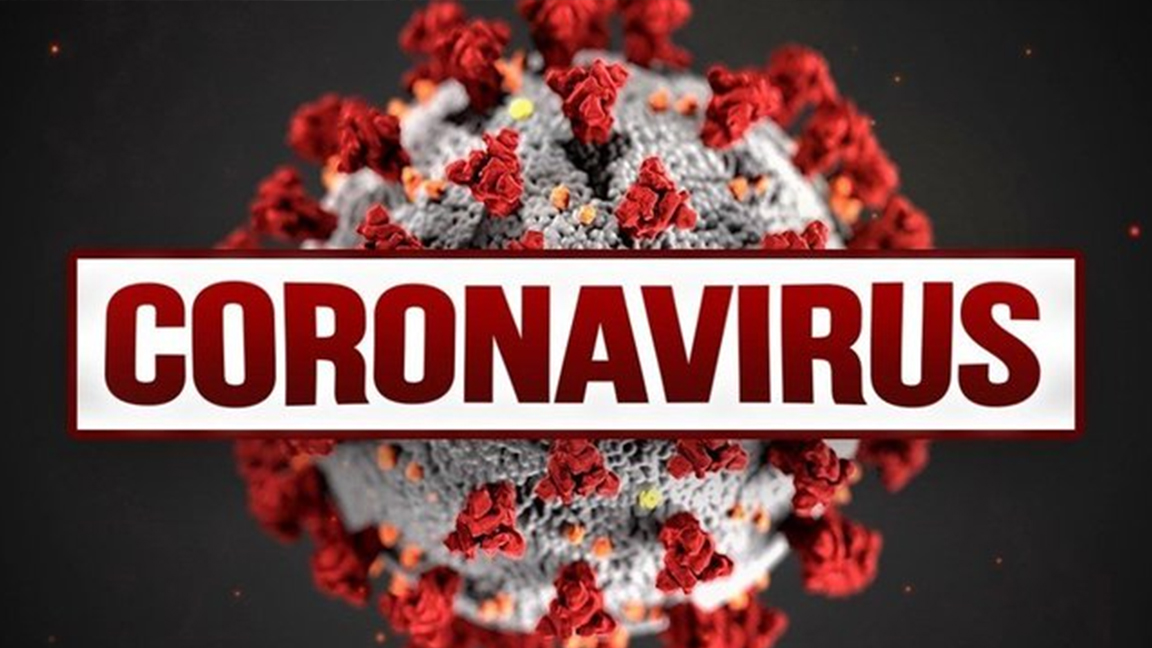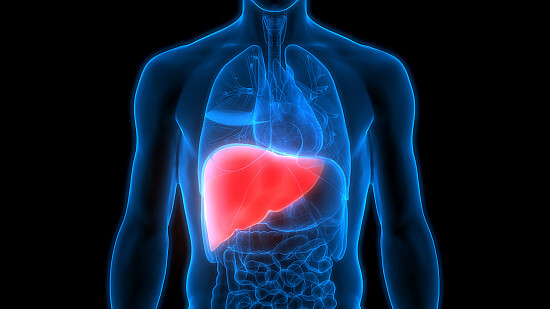US moves nearer to shutdown amid coronavirus-19 fears
Mon 16 Mar 2020, 12:23:43
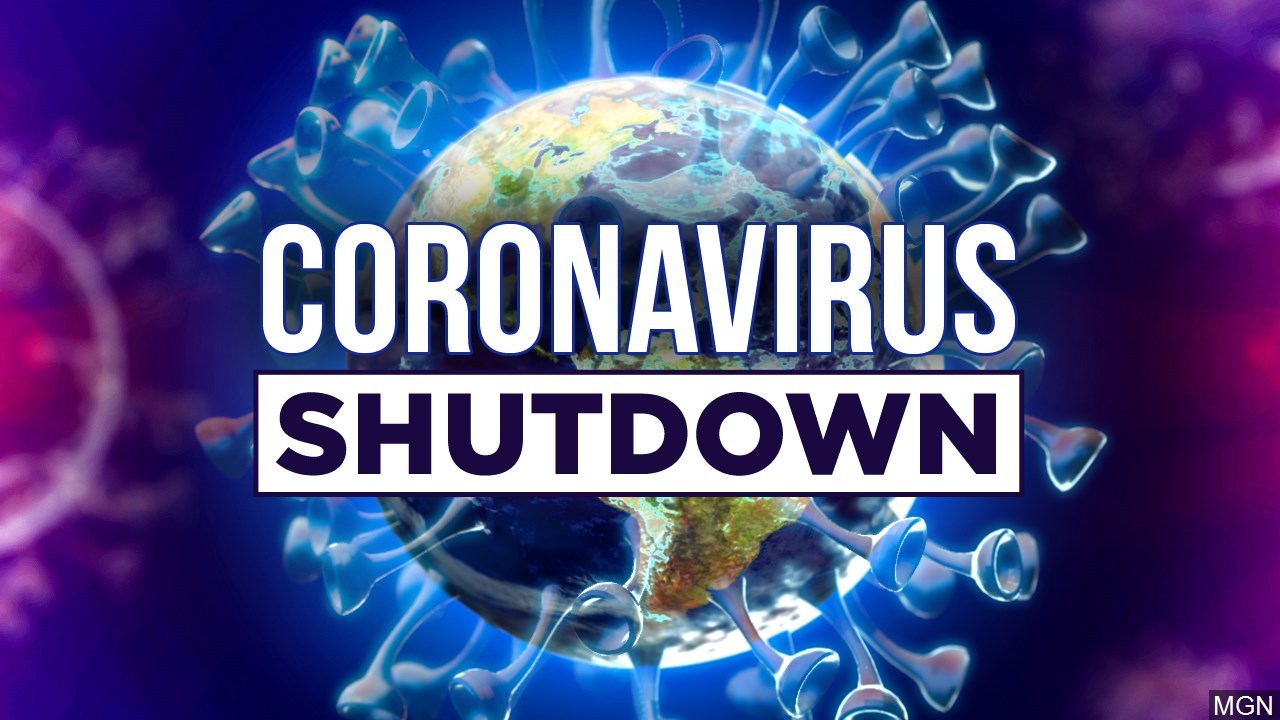
Chicago: Officials across the country curtailed many elements of American life to fight the coronavirus outbreak on Sunday, with health officials recommending that groups of 50 or more don’t get together and a government expert saying a 14-day national shutdown may be needed.
Governors and mayors were closing restaurants, bars, and schools as the nation sank deeper into chaos over the crisis.
Travellers returning home from overseas trips were stuck in line for hours at major airports for screenings, causing them to be crammed into just the kind of crowded spaces that public health officials have been urging people to avoid. In a sign of the impending economic gloom on the horizon, the Federal Reserve slashed its benchmark interest rate to near zero.
President Donald Trump sought to calm a jittery nation by declaring that the government has “tremendous control” over the situation and urging people to stop the panic buying of grocery staples that has depleted the shelves of stores around the country.
Gun stores started seeing a similar run on weapons and ammunition as the panic intensified.
As Americans struggled to come to terms with how to change their daily habits, the Centers for Disease Control and Prevention issued a dramatic recommendation: Because large events can fuel the spread of the disease, it said gatherings of 50 people or more should be canceled or postponed throughout the country for the next eight weeks.
It added that, at any event, proper precautions should be taken, including making sure people are washing their hands and not getting too close.
But in a sign of the difficulty of striking the right balance, the statement from the CDC also said the recommendation does not apply to “the day to day operation of organizations such as schools, institutes of higher learning, or businesses.”
Even before the warning, parts of the country already look like a ghost town, and others are about to follow as theme parks closed, Florida beaches shooed away spring breakers, Starbucks said it will accept only drive-thru and takeout orders, and Ohio and Illinois ordered bars and restaurants shuttered.
“The time for persuasion and public appeals is over,” Illinois Gov. J.B. Pritzker said.
“This is not a joke. No one is immune to this.” California’s governor asked the state’s bars and restaurants to close, but didn’t order it. New York City, meanwhile, said eateries could only accept takeout and delivery orders. Mayor Bill de Blasio also ordered nightclubs, movie theaters and other entertainment venues closed.
“These places are part of the heart and soul of our city. They are part of what it means to be a New Yorker,” he said in a statement Sunday night.
“But our city is facing an unprecedented threat, and we must respond with a wartime
mentality.”
mentality.”
His decision came after Dr. Anthony Fauci, the federal government’s top infectious disease expert, said he would like to see a 14-day national shutdown imposed to prevent the virus’s spread.
“I think Americans should be prepared that they are going to have to hunker down significantly more than we as a country are doing,” said Fauci, a member of the White House task force on combating the spread of coronavirus.
He heads the National Institute of Allergy and Infectious Diseases at the National Institutes of Health.
There is no indication Trump is considering such a move.
The worldwide outbreak has sickened more than 162,000 people and left more than 6,000 dead, with thousands of new cases confirmed each day.
The death toll in the United States climbed to 64, while infections passed 3,200.
Meanwhile, harsh criticism rained on Trump and his administration on Sunday from state and local officials over long lines of returning international passengers at some U.S. airports that could have turned them into coronavirus carriers as they tried to get home.
Chicago Mayor Lori Lightfoot lambasted the administration for allowing about 3,000 Americans returning from Europe to be stuck for hours inside the customs area at O’Hare International Airport on Saturday, violating federal recommendations from the Centers for Disease Control and Prevention that people practice “social distancing.”
The passengers, many of them rushing home because of fears they would be stuck in Europe, were screened for coronavirus symptoms before they were allowed to leave the airport. Long lines also formed Saturday in Boston, Dallas and others of the 13 airports that are accepting return flights from Europe.
“People were forced into conditions that are against CDC guidance and are totally unacceptable,” Lightfoot said.
Elizabeth Pulvermacher, a University of Wisconsin student, arrived Saturday at O’Hare from Madrid, where she had been studying and spent hours in line. The customs process made her feel “unsafe,” she said.
“The whole idea is getting rid of the spread of coronavirus, but there were hundreds and hundreds of people in very close proximity,” Pulvermacher said.
Dr. Robert Murphy, executive director of Institute for Global Health at Northwestern University, said he was “appalled” by what he saw Saturday at nearby O’Hare.
“If they weren’t exposed to COVID-19 before, they probably are now. From a public health perspective, this is malpractice,” Murphy said in a statement Sunday.
“The lack of preparation and concern is unfathomable.” But the situation improved markedly Sunday at O’Hare and elsewhere.
No Comments For This Post, Be first to write a Comment.
Most viewed from Coronavirus Updates
Most viewed from Health
AIMIM News
Latest Urdu News
Most Viewed
May 26, 2020
Do you think Canada-India relations will improve under New PM Mark Carney?
Latest Videos View All
Like Us
Home
About Us
Advertise With Us
All Polls
Epaper Archives
Privacy Policy
Contact Us
Download Etemaad App
© 2025 Etemaad Daily News, All Rights Reserved.


